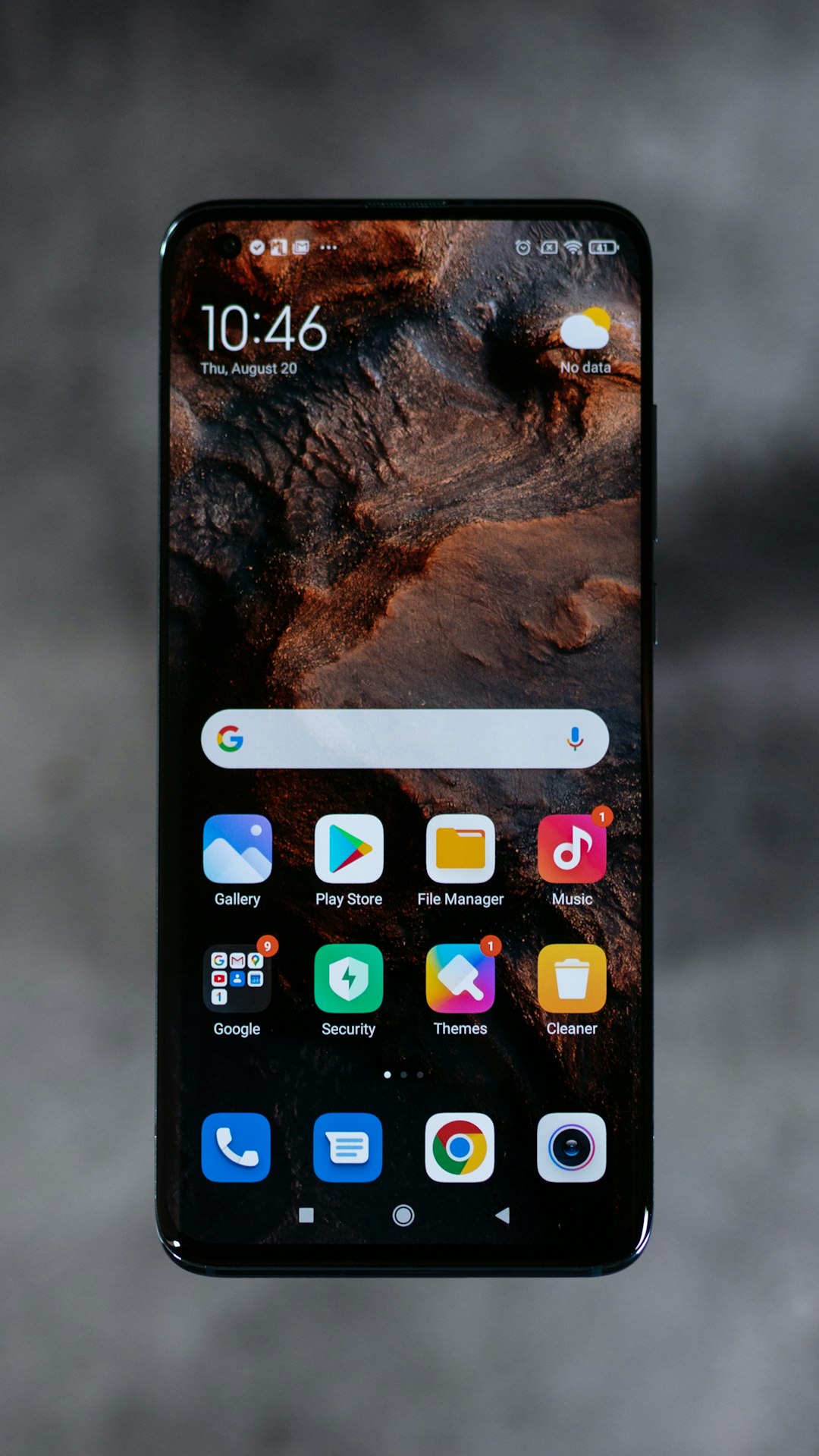South Carolina's No Call Laws protect consumers from unwanted telemarketing on landlines and cell phones. Businesses in Greenville must understand protected numbers, ensure explicit call consent through clear opt-in mechanisms, maintain detailed records, and regularly update policies to comply with Do-Not-Call regulations. Robust data protection measures, including encryption, secure networks, staff training, and compliance with state mandates, are essential for businesses to safeguard customer privacy and avoid legal issues.
In the digital age, protecting consumer data is not just a best practice—it’s imperative. As businesses in Greenville navigate an increasingly regulated landscape, understanding and complying with South Carolina’s No Call Laws is crucial. This article delves into key aspects of these regulations, offering actionable strategies to ensure your company remains compliant. From recognizing valid consent to implementing robust data security protocols, we provide essential insights tailored for Greenville businesses operating within the confines of SC No Call Laws.
Understanding SC No Call Laws: Key Takeaways

South Carolina’s No Call Laws are designed to protect consumers from unwanted telemarketing calls, ensuring their privacy and peace of mind. Key takeaways include understanding the scope of protected numbers (both landlines and cell phones) and recognizing that consent for calls must be explicit. Businesses operating in Greenville must also grasp the specific opt-out requirements, such as providing a clear and easy way for recipients to remove themselves from call lists.
Compliance goes beyond simply respecting these laws; it involves implementing robust data protection measures. This includes maintaining accurate caller records, securely storing consumer information, and training staff on proper call handling procedures. Regularly reviewing and updating internal policies to align with changing legal landscapes is crucial for Greenville companies aiming to stay compliant with No Call Laws in South Carolina.
Identifying Valid Consent: Best Practices for Businesses

Identifying valid consent is a critical aspect of adhering to South Carolina’s No Call Laws. Businesses must ensure that consumers have given explicit permission for marketing calls, texts, or emails. Best practices include obtaining clear and verifiable consent through opt-in mechanisms such as sign-up forms on websites, text message responses, or documented verbal agreements. It’s essential to keep detailed records of this consent, allowing businesses to verify consumer preferences at any time.
When implementing these practices, companies should avoid vague or implicit consent. Using terms like “acceptable” or “agreed” without explicit language can lead to misunderstandings and potential legal issues. Clear communication is key; inform consumers what they are agreeing to, how their data will be used, and provide a simple way to opt-out if they change their mind. Regularly reviewing and updating consent records ensures compliance with South Carolina’s No Call Laws and fosters trust between businesses and their customers.
Compliance Strategies: Implementing Do-Not-Call Measures

Greenville companies operating in South Carolina must prioritize consumer data protection, especially regarding compliance with the state’s No Call Laws. Implementing robust Do-Not-Call measures is a strategic move to safeguard customer privacy and avoid legal repercussions. One effective strategy involves utilizing automated phone systems that allow businesses to efficiently manage customer opt-out requests. These systems can quickly update customer preferences, ensuring that marketing calls are made only to those who consent.
Additionally, companies should educate their staff about the importance of respect for consumer choices. Training programs can emphasize the legal obligations and consequences of violating No Call Laws. By fostering a culture of compliance, Greenville businesses can ensure they stay within regulatory boundaries while maintaining positive customer relationships.
Data Security Protocols: Protecting Consumer Information

In the digital age, data security protocols are non-negotiable for businesses in Greenville—especially those operating within the confines of South Carolina’s No Call Laws. Protecting consumer information is paramount to maintaining customer trust and ensuring compliance with stringent privacy regulations. Implementing robust encryption methods for data storage and transmission is a fundamental best practice. Companies should utilize secure networks, regularly update security software, and educate employees on cybersecurity best practices to prevent unauthorized access or data breaches.
Additionally, establishing clear data retention policies ensures that personal information is only retained for the necessary period, as required by No Call Laws South Carolina. Regularly reviewing and updating these protocols is essential to adapt to evolving threats and regulatory changes. By prioritizing data security, Greenville businesses can safeguard consumer data while navigating the complexities of modern privacy laws.






